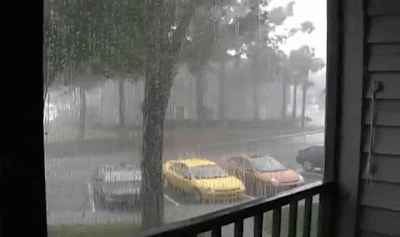It seems incredible that this is the first take of the Beatles' dizzyingly-powerful masterpiece A Day in the Life. The pieces of it are already coming together. Certain elements that will appear in the finished song jump out, such as the weird, disturbing counting that seems to go on forever. You wait and wait for the mounting cacophany of the orchestra, but it doesn't come, perhaps because it hasn't been thought of yet. In fact, it almost certainly hasn't. This is process in its truest, most raw-minded and risk-taking form.
I just watched a PBS doc - it was OK but could have been better - which took apart some of the most (they thought) influential songs on Sgt. Pepper, particularly this one. But can they get to it? Can they get inside it at all? My God. "Just" the lyric, seemingly the simplest part of it, contains a compressed, crammed autobiography of John, not to mention all four Beatles, all of their generation, and all of post-War Liverpool.
Four thousand holes in Blackburn, Lancashire. Mine disaster? Bomb craters? Like the rest of them, Lennon never outdistanced the war and all it did to his country.
It amazes me that the "woke up, fell out of bed" section has already been mapped here, not just roughed out, with that amazing sophisticated McCartney keyboard work. This is literally two completely different songs put together, one inside the other, and though it shouldn't work at all, it does. The workaday McCartney section in the middle, what John called the "middle eight", pulls us into a crazy normalcy that will soon slip sideways. Then there is that incredible line, "And somebody spoke, and I went into a dream . . ."
Take one? My God. The mind or the ear or memory fills in all the rest, but this is the naked version, not just bare bones but bare genius. That final, silencing, deafening, aurally incomprehensible piano chord doesn't happen here, because it has either not been conceived of yet, or they haven't figured out how to achieve it technically. In the end (so I learned tonight on PBS), they used EIGHT pianos and an organ, which pumps up the sound so abnormally that it is impossible not to be overwhelmed by it. The "decay" lasts an incredible 43 seconds, whereas the average piano chord might make it to 10 or 15. And the mikes are cranked so wide open that you can hear the technicians minutely moving about, breathing. (A side note: more techically sophisticated re-releases of this song reveal that the massive piano chord was still reverberating, so that they could have gone on recording for another five or ten seconds.)
I post this now because this whole thing stirred up stuff in me - can't really describe it, and it made me listen very carefully to the original Day in the Life (in yet another re-release) with its much cleaner, more defined sound. It made my hair stand on end. It did then, too. What was it about this album? Of course the songs were wildly original, and the arrangements simply mind-blowing in their originality. My favorite effect is Henry the Horse: George Martin took old calliope recordings, cut them up into one-inch pieces, threw them up in the air, and spliced them back together to make a psychedelic crazy-quilt of sound.
But there was more to it than pyrotechnics. The album was - what? -approachable, somehow. Like someone you knew, and came back to visit again and again. Whatever facet of itself it was displaying - and there were so many of them you couldn't count - it was sure to stick to you powerfully in a place you didn't know you had.
Most of all, listening to this made me miss John. I don't like the line "he blew his mind out in a car" because it reminds me of his fatally-wounded body lying on the ground outside the Dakota, uttering his last two words: "I'm shot!" And the sense of impending terror - even more naked here than in the final track - is raw in me now because of all that is happening around me.
I read the news today, oh boy.
I don't mind it for myself. It's the children I worry about. They face so many problems I never had to think about because they didn't exist, and it is harder and harder to be optimistic. And yet, I go about my business day to day, like Paul running to catch the bus, and surprise myself with an unexpected level of happiness. It makes no sense, so I just decided to accept it, a gift.
But it's still there, the undercurrent. God, what is it about genius? You're dead 36 years, and still you express people's unspoken terrors better than anyone ever could, billions of people you will never even meet! How many people who are grabbed by this song weren't (even remotely) born when it came out? How many of their PARENTS weren't even remotely born? How many will get to listen to it, be moved by it, terrified and disturbed by it, who aren't born yet?
I have a better question. Will they have the chance?
















































